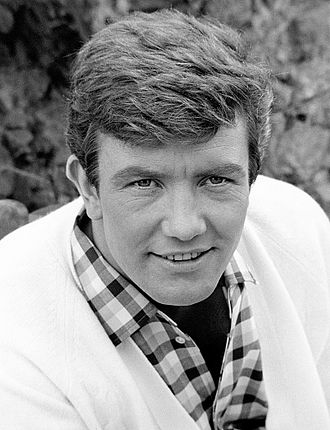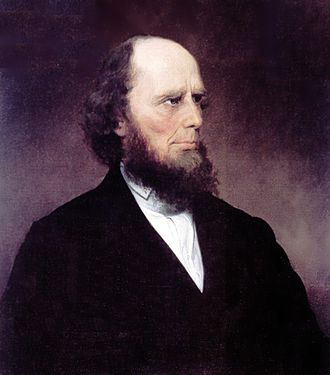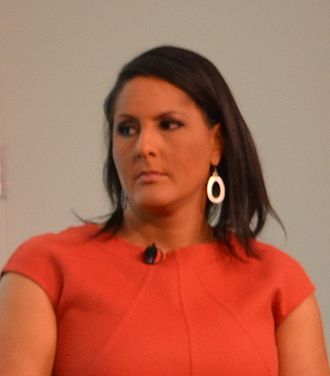Finney Last Name Origin, History, and Meaning
Where did the surname Finney come from? What does the surname Finney mean? Discover the history and meaning of the last name Finney and family migration on YourRoots Map.
Surname Finney Origin: What does the last name Finney mean?
The surname Finney is of English origin, with records dating back to the early 16th century. It is believed to have originated as a locational surname, deriving from a place name or geographical feature. Over time, the Finney surname has spread globally, with significant frequencies recorded in the United States, England, Canada, Australia, Ireland, and New Zealand. By the 20th century, the volume of records with the Finney surname grew significantly, indicating its continued presence and prominence in various countries.
YourRoots data confirms the historical presence of the Finney surname in England and its global spread over the centuries. The surname Finney likely holds a rich history and heritage, with individuals carrying the name involved in various fields such as entertainment, politics, sports, writing, and other areas. The surname Finney may hold significance for individuals tracing their family history or interested in exploring their genealogical roots.
Finney Last Name History: Where did the last name Finney come from?
Origin of Finney Surname: Where does the last name Finney originate from?
According to YourRoots data, the surname Finney first appeared in records from England around the early 16th century. Please note that this reflects only YourRoots data for the exact Finney spelling and does not include other record sources or surname variations.
History of the Last Name Finney: What does the Finney surname history look like in the early days?
The Finney surname started growing in the United States from the 17th to the 19th centuries, with significant frequencies recorded in this period. YourRoots data also shows Finney family records in countries like England, indicating global spread over the centuries.
Global Spread: Where can we find the Finney surname today?
By the 20th century, the volume of records with the Finney surname grew significantly in the United States. The Finney surname remains prominent in the United States. It appears in many countries, including Canada, Australia, Ireland, and New Zealand.
Explore Finney last name heritage and Finney surname origin based on YourRoots Map data
 VIEW THE ORIGIN OF SURNAME FINNEY
VIEW THE ORIGIN OF SURNAME FINNEYFamous People With Finney Surame?

Albert Finney
Albert Finney (May 9, 1936 – February 7, 2019) was a renowned English actor known for his versatile performances on stage, film, and television. He gained fame in the early 1960s with movies like "Saturday Night and Sunday Morning" and "Tom Jones," earning critical acclaim and multiple award nominations. Finney's talent shone through in various genres, from drama to comedy, with notable roles in films like "Erin Brockovich," "Big Fish," and as Winston Churchill in "The Gathering Storm." His legacy as a prolific actor with a wide range of roles has left a lasting impact on the entertainment industry.

Yasmin Finney
Yasmin Finney (born August 30, 2003) is an English actress and internet personality known for her roles in popular series like Heartstopper and Doctor Who. Raised in Manchester by her single mother, Finney gained fame through her TikTok videos before landing acting roles. She made headlines for her nomination for a Children's and Family Emmy Award and her upcoming appearance as a guest judge on RuPaul's Drag Race UK. With a background in local theatre productions and studying performing arts, Finney continues to make a name for herself in the entertainment industry.

Charles Grandison Finney
Charles Grandison Finney (Aug 29, 1792 – Aug 16, 1875) was a prominent American Presbyterian minister known as the "Father of Old Revivalism." He played a key role in the Second Great Awakening in the United States, advocating for social reforms like abolitionism and equal education. Finney's passionate preaching and innovative methods, such as allowing women to pray publicly and introducing the "anxious seat," had a lasting impact on religious communities. He also served as the president of Oberlin College and was a strong advocate for abolitionism and universal education. Finney's legacy as a revivalist preacher and social reformer continues to inspire to this day.

Jack Finney
Walter Braden "Jack" Finney (born John Finney; October 2, 1911 – November 14, 1995) was an American writer known for his science fiction and thriller works. His most famous novels include The Body Snatchers and Time and Again, which inspired films and TV shows. Finney's vivid storytelling and detailed descriptions of historical events and places have captivated readers for decades. He received numerous accolades for his contributions to the science fiction genre, solidifying his legacy as a prominent figure in American literature.

Karen Finney
Karen Finney (August 15, 1967 - present) is an American political consultant known for her work as a spokesperson for the Clinton 2016 presidential campaign. She has also been a political commentator for MSNBC and hosted the show Disrupt with Karen Finney. Born in New York to a civil rights lawyer father and labor negotiator mother, Finney has a diverse background. She has served in various communication roles, including as Press Secretary for Hillary Clinton and as a Strategic Communications Adviser for the 2016 campaign. Finney continues to be active in political commentary and consulting, making appearances on major news networks.
All images displayed on this page are sourced from Wikipedia or Wikimedia Commons.We use these images under their respective Creative Commons or public domain licenses. Wherever applicable, author attributions and license information are provided. If you believe an image is used incorrectly or outside its license terms, please contact us so that we can review and correct the issue.




.png)